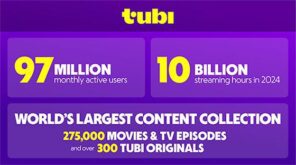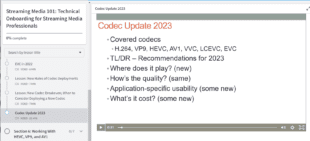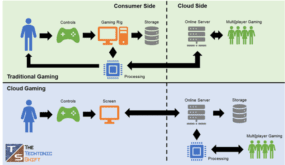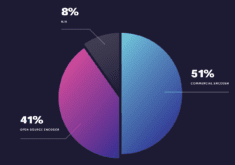Ever since MPEG-LA announced their policy of not charging royalties for H.264 video distributed free over the Internet, I’ve been getting a bunch of emails, so I thought I would share them. I’m not inviting more emails on this topic, by they way, unless you want to tell me something that you know (as in, you’re an intellectual property attorney, or you’ve dealt with MPEG-LA and this is what happened).
Question: If a company offers the users free of charge AVC movies longer than 12 minutes to be watched on the Web via a Flash player, should the company contact MPEG LA to get the license? Is it the company’s obligation or Adobe’s?
Answer: MPEG LA now wants all producers releasing content with H.264 to sign up for a license. So long as the movie is free, no license should apply, even if the video is longer than 12 minutes. The license is required by the “apparent provider” of the video, so unless Adobe is releasing the video, it’s you.
Second question: What if we use the opensource x264 encoder. Of course, the end user sees the file as AVC/H.264. In other words, we produce x264, but release H.264 (Flash 9.0.115+ implements H.264 decoder). As I wrote before, the video is free of charge. Do we have to sign up, anyway?
Second answer: If the X.264 encoder doesn’t use any H.264-related Intellectual Property of the MPEG-LA group, then MPEG-LA is irrelevant. I have no idea whether it does or doesn’t, but between you, me and the nearest pop stand, I would guess that it does. If the encoder does use H.264-related intellectual property of the MPEG-LA patent group, even if there is no royalty, MPEG-LA has made it clear that you need a license.
What happens if you don’t get one? Certainly MPEG-LA doesn’t have a strong incentive to chase you because you can avoid any obligation by signing a license agreement, and no royalties will apply in any case. But technically, your use of the codec (assuming x264 uses H.264 IP) is infringing.
That’s about all I can tell you. For more questions I suggest that you ask your attorney.
 Streaming Learning Center Where Streaming Professionals Learn to Excel
Streaming Learning Center Where Streaming Professionals Learn to Excel







